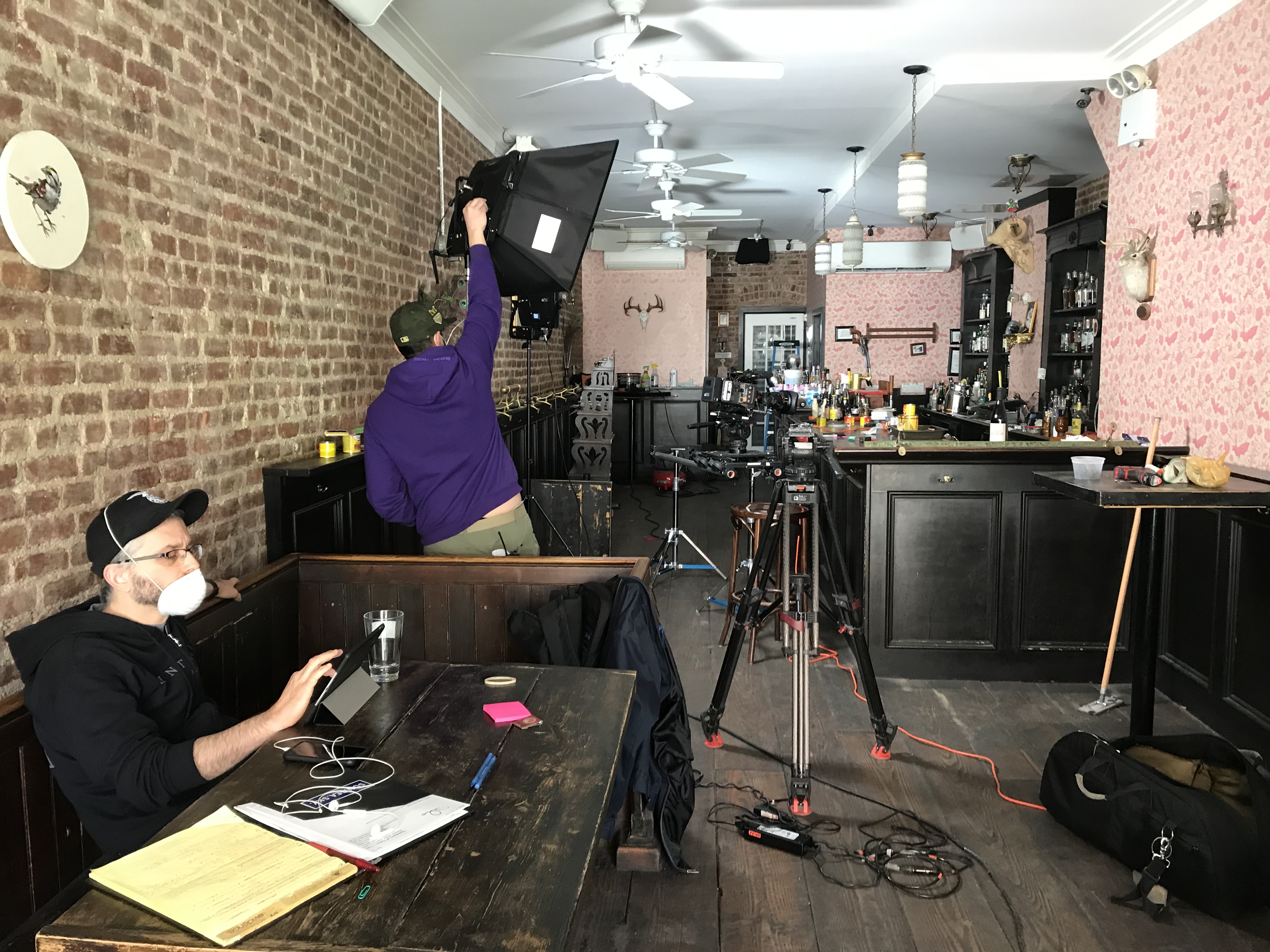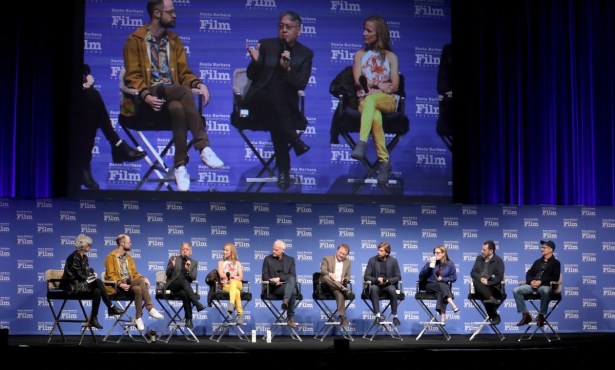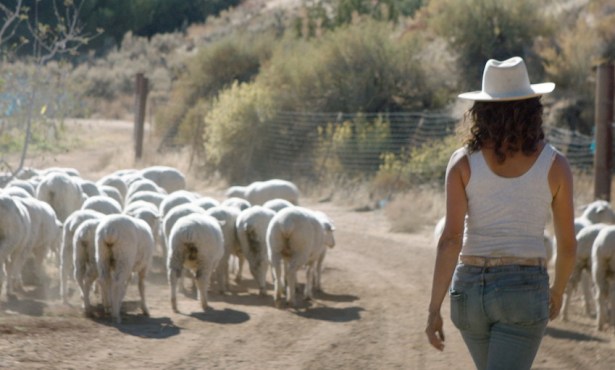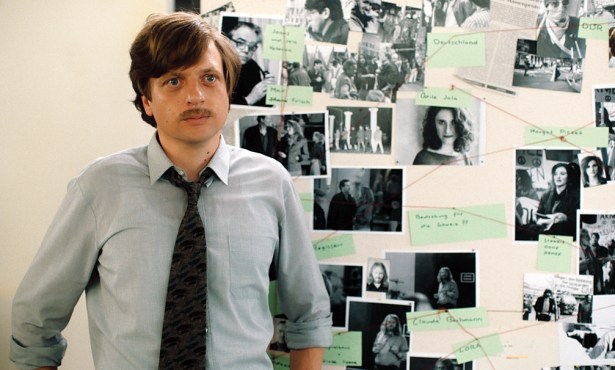

Impressive enough alone for turning around a compelling documentary in such a short timespan, this doc covers the impact of COVID closures to the bar scene in Astoria, Queens, a homey district of New York City. Using commentary from bartenders, bar owners, doctors, journalists, and social workers, director Johnny Sweet presents a moving portrait of an industry thrown back on its heels, revealing how integral that industry is to life itself.
Sweet recently answered some questions via email.
What is your personal connection to the bar scene in Queens? It seems like a very intimate portrait of these places.
I met my beautiful wife, Melissa, at Sparrow Tavern. I wasn’t a regular there, but that bar obviously means something to me personally.
I’m much more familiar with the bar scene in Brooklyn. Angry Wade’s was my getaway place on Smith St. in Cobble Hill. When the pandemic led to that bar closing, that one hurt. I made a lot of close friends there during the six years I lived in Brooklyn.
As far as my connection to bars in general, I worked at a bar called Konrad’s for four years as a DJ when I was a student at Syracuse University. The camaraderie amongst the staff there was the best I’ve ever been a part of. So when the pandemic hit, we knew groups like that across the city (and the country for that matter) would need a voice.
When did you realize that this could and should be a film? How did you work around COVID?
When [bartender] Jena [Ellenwood] said yes and when HSCTV came on as a partner for the film. My friend Kait McMurdo introduced me to Jena, who became the perfect collaborative subject. She was honest and fearless.
HSCTV is the best production crew in N.Y.C. We partnered with them on the Ron Artest film for Showtime, which got an Emmy nomination. So when I brought Jena, Sparrow Tavern, and Diamond Dog’s story to them, they didn’t hesitate, they knew this film was important to document.
Bryan Brousseau and his crew at HSCTV were able to design a manless studio setup. We were in the peak of the pandemic in Queens and had to be absolutely sure our interview subjects were safe. HSCTV designed a setup where the cameras, lighting, and sound could be controlled remotely. It was the only way we could pull it off and they did.
You turned around this film in pretty quick fashion. I’ve seen it take many years for docs to reach an audience. Was that a challenge? Why was speed of the essence?
We have chemistry with HSCTV. It’s easier to get in rhythm with a group that knows everyone’s strengths. Plus all our personalities mesh.
But the main reason I think we turned it with speed and precision was members of the production group needed an outlet after suffering gut-wrenching family losses during the time N.Y.C. was the epicenter. There were key members of our crew who were heavily grieving while working on this film. I still don’t know how they did it.
How is the scene now?
The hospitality industry in N.Y.C. has been annihilated. There’s been minimal if any help for them. These bars and restaurants deserve every assistance possible. They’re a key cornerstone of not only the city’s economy but for neighborhood morale. If they’re not helped, the city will suffer not only from a labor standpoint, but also from a cultural standpoint since this industry employs thousands of artists who come to N.Y.C. to chase their dreams.



